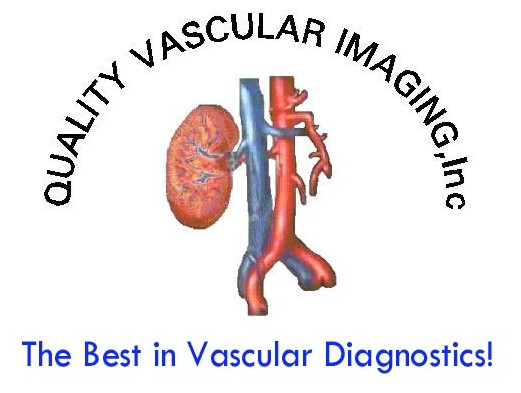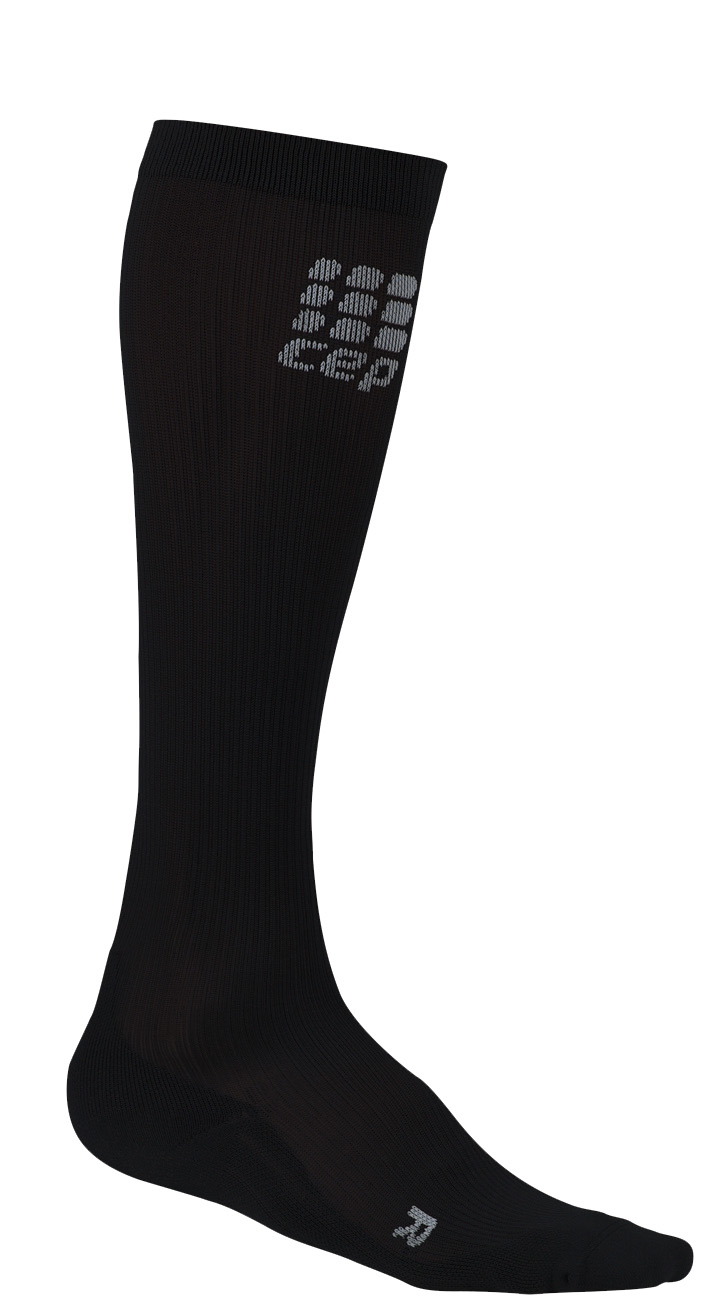

Case of the Month!
Picture 1: Patient is a 47 y/o male that presented with aching discomfort in his legs mostly in the left leg and especially by the end of the day. He had obvious large varicosities bilaterally with minimal swelling with the left leg worse than the right. He denied history of previous deep venous thrombosis, phlebitis, or previous rupture of the varicose veins.
Picture 2: Patient is a 58 y/o male that presented with swelling and aching of both lower extremities. He had bilateral varicose veins especially on the right with discoloration and stasis changes however no ulceration or previous ulceration was reported. He denied previous deep venous thrombosis or phlebitis. What do you think? Discussion Both patients have venous aneurysms! The word "aneurysm" comes from the Greek "aneurysma" meaning "a widening." A venous aneurysm is a dilatation or bulging of the vein. The wall is usually stretched or weakened therefore making the risk of rupture greater. Venous aneurysms are rare and are suspected to be caused from congenital defects, degenerative or inflammatory changes. The most common veins reported as aneurysmal are the superior vena cava and the popliteal veins. There are two types of aneurysms "saccular" and "fusiform". A saccular aneurysm is a dilation that appears like a sack or a "blow out" of a section of the walls of the vessels. A fusiform is an elongated spindle shaped dilatation of the walls of the vein. Here is an illustration
Lets take another look at the images and we can see the difference in the appearance of the vein aneurysm.
This dilatation has a saccular appearance off the side of the vein
This vein is more uniormly large and has a more fusiform appearance *Both patients were successfully treated with endovenous ablation. Neither patient had complications. The first patient was treated with laser and the second with radiofrequency. For a video clip of a large superficial venous aneurysm, click the QVI Please email me with any questions or comments.
|
|





.gif)
